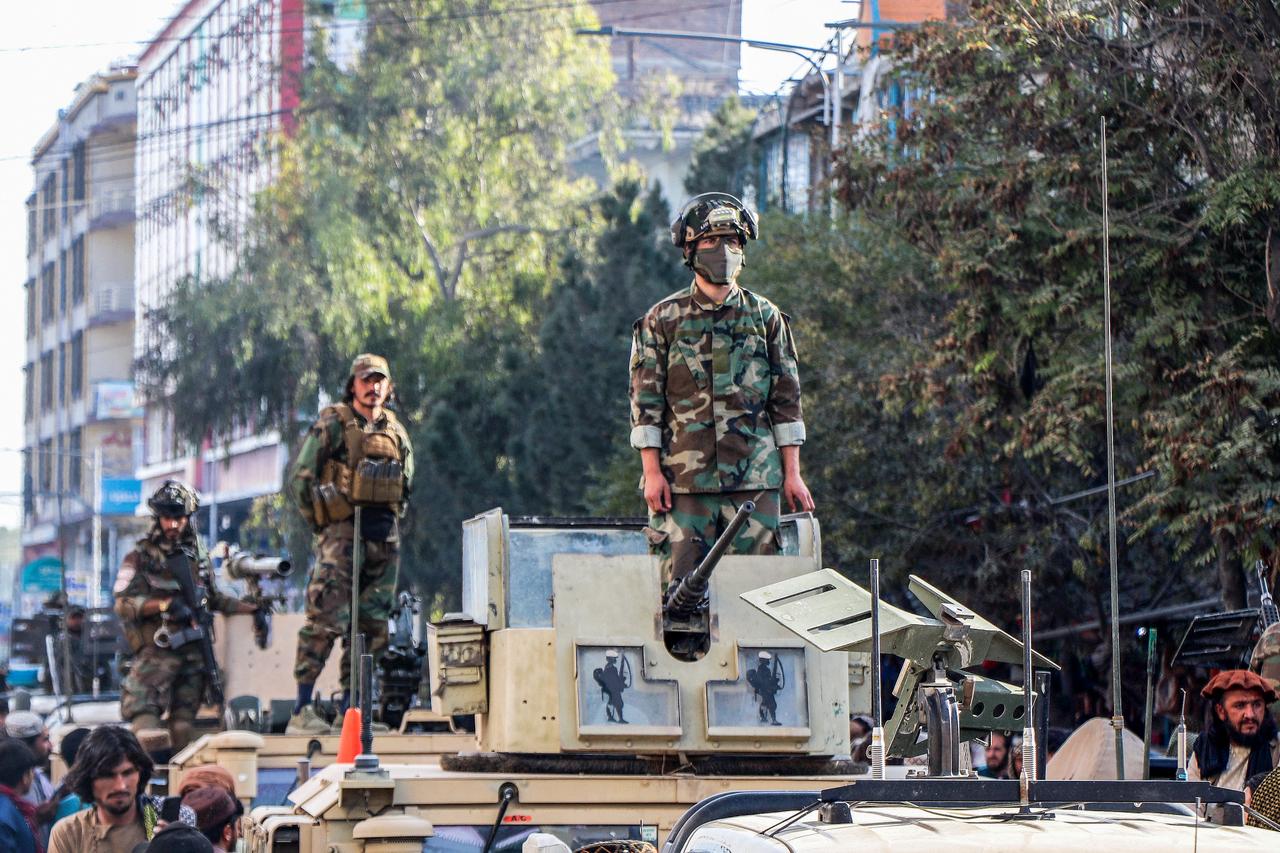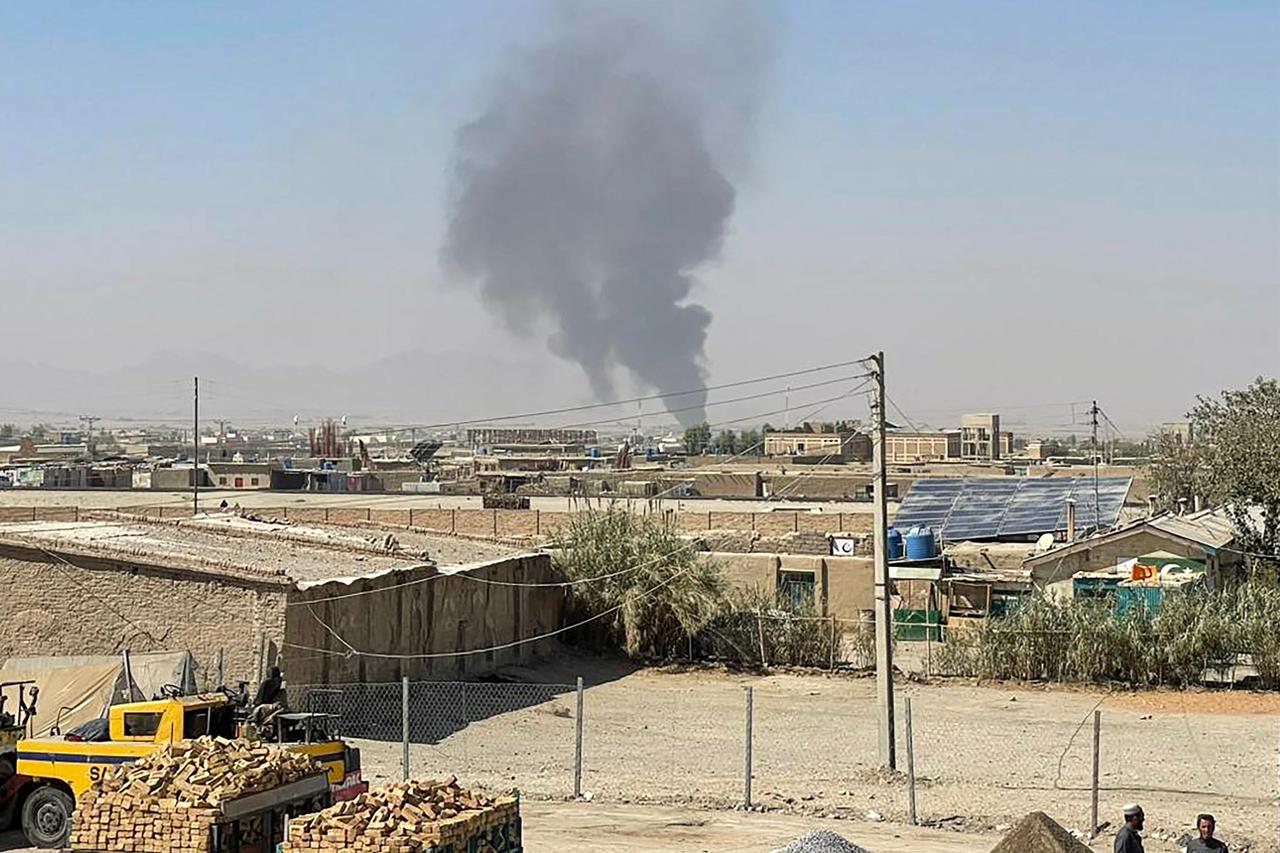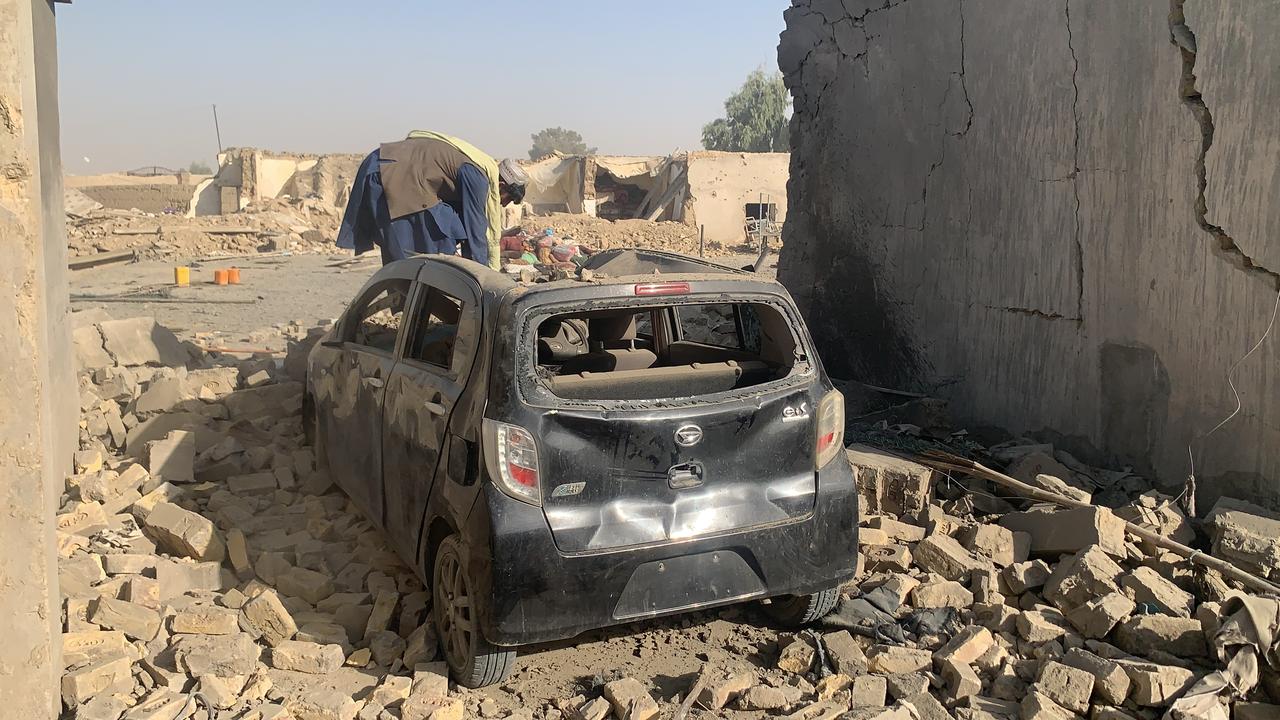
Pakistan and Afghanistan agreed Wednesday to a 48-hour ceasefire following several days of deadly border clashes, officials from both countries confirmed.
According to Pakistan’s Foreign Ministry, the ceasefire took effect at 6 p.m. local time (1 p.m. GMT). The two sides, the statement said, will “sincerely” seek to resolve the “complicated but solvable” issue through constructive negotiations.
Zabihullah Mujahid, spokesman for the Afghan interim administration, also confirmed that Kabul had reached a ceasefire agreement with Islamabad, saying Afghan forces had been “directed to respect the ceasefire … unless any aggression takes place.”
It was the second ceasefire since the weekend, when fighting briefly stopped following mediation by Qatar and Saudi Arabia.

Hours before the truce was announced, Pakistani security sources said the military had carried out “precision strikes” inside Afghanistan’s Kandahar province and the capital Kabul, targeting what it described as Afghan Taliban and Tehreek-e-Taliban Pakistan (TTP) militant hideouts.
The escalation followed intense clashes that began Tuesday night, leaving at least 12 Afghans dead, according to Kabul. Over the weekend, dozens of soldiers and civilians were killed in some of the deadliest fighting between the two neighbors since 2021, when the Taliban seized power in Afghanistan.
Islamabad said the temporary ceasefire aims to “find a positive solution … through constructive dialogue.”
Pakistan is facing a resurgence of militant attacks on its western frontier led by the TTP and affiliated groups.
Officials in Spin Boldak, near the border, said 40 civilians were killed and 170 others wounded Wednesday. The United Nations Assistance Mission in Afghanistan (UNAMA) earlier reported at least 18 civilians killed and more than 350 injured in the violence.
“Our houses were bombed, a child was wounded. I heard the plane myself,” Abdul Zahir, a 46-year-old resident, told Agence France-Presse (AFP). “It’s terrifying.”
Hundreds of residents and Taliban officials attended the funeral of seven members of the same family killed in the strikes, AFP reported from the scene.
Islamabad has accused Kabul of harboring militants who plan attacks on Pakistani soil, a claim the Taliban government denies.
Pakistani officials along the northern and southern border told AFP on Thursday that “no violence was reported overnight, and the ceasefire remains in effect.” A senior security official in Peshawar added that “additional paramilitary troops have been deployed to counter potential militant activity that could jeopardize the ceasefire.”

Just before the truce announcement, explosions were reported in Kabul and Kandahar—the stronghold of the Taliban’s reclusive supreme leader.
The Taliban government attributed Wednesday’s blasts in the Afghan capital to an oil tanker and a generator explosion. However, Pakistani security sources said the blasts were the result of “precision strikes” on militant targets.
The explosions caused power outages in parts of Kabul overnight. AFP journalists reported municipal crews repairing damaged electricity lines Thursday morning in a charred neighborhood where apartment windows had been blown out.
An Italian nongovernmental organization (NGO) that runs a hospital in Kabul said at least five people were killed and 35 wounded in the explosions. “We started receiving ambulances filled with wounded people,” said Dejan Panic, EMERGENCY’s country director in Afghanistan. “The casualties suffered shrapnel wounds, blunt force trauma, and burns, with 10 in critical condition.”
U.N. human rights chief Volker Turk welcomed the ceasefire and called on both sides “to prevent any further harm to civilians and commit to a lasting ceasefire.”
The border tensions come after cross-border strikes last week, which the Taliban blamed on Islamabad, occurred while Afghanistan’s top diplomat was on an official visit to India—Pakistan’s regional rival.
The renewed violence has fueled fears of a wider conflict between the two countries, whose relations have been strained since the Taliban’s return to power in 2021.